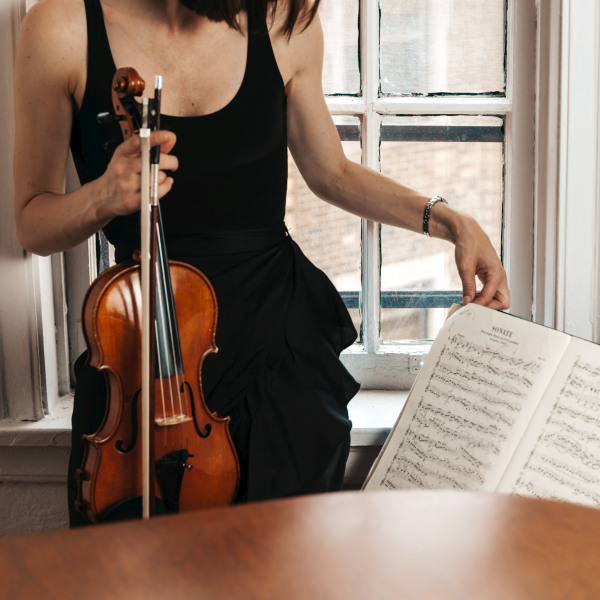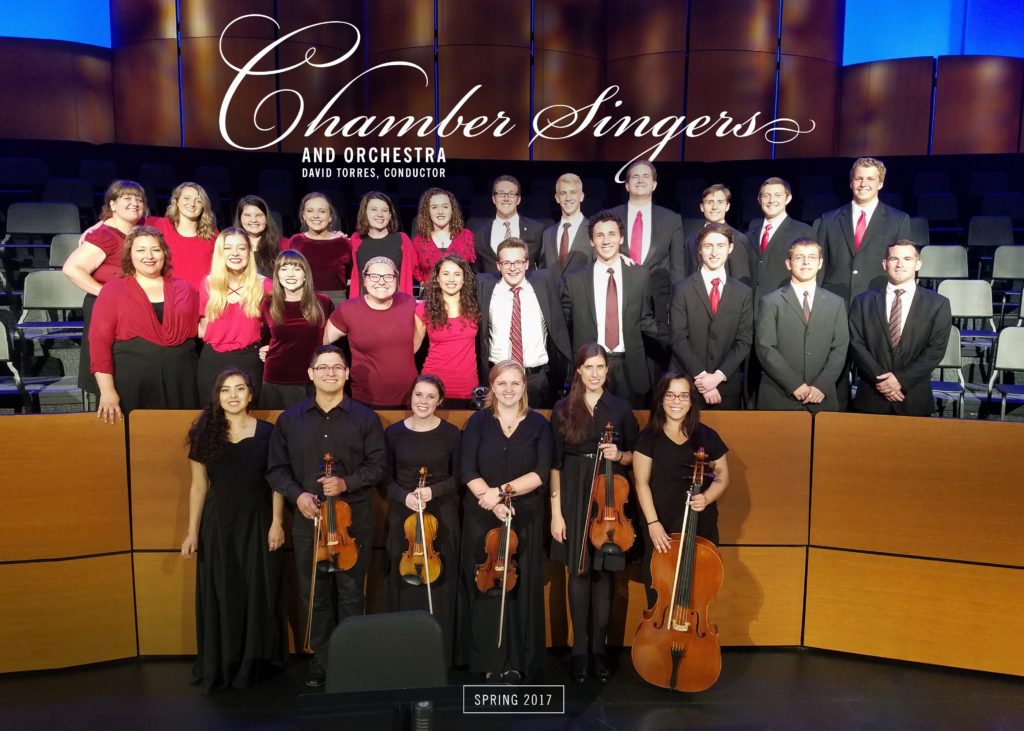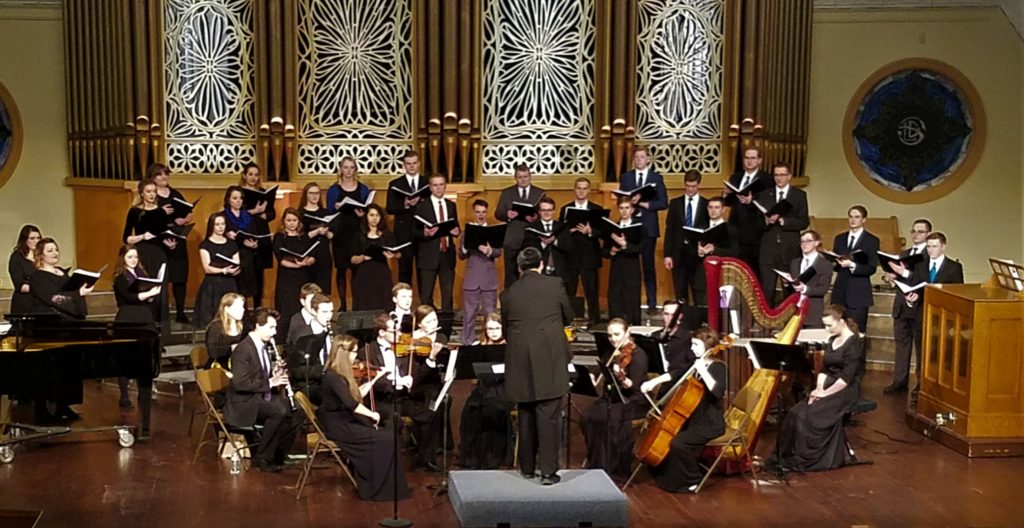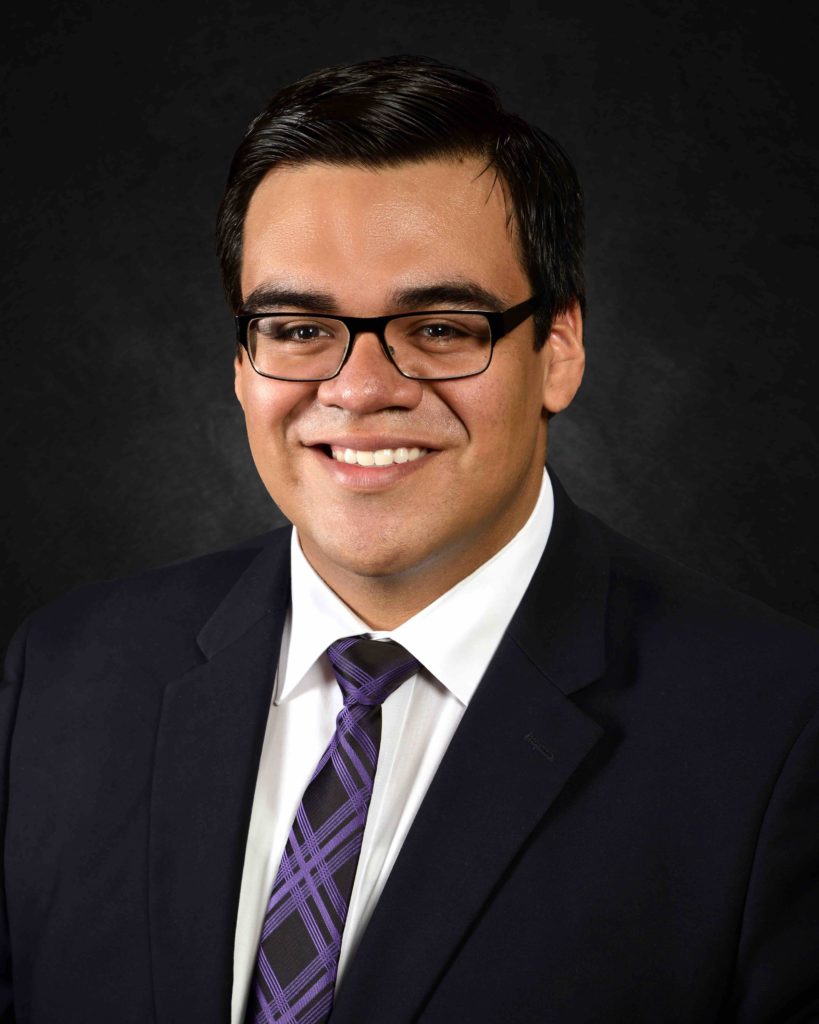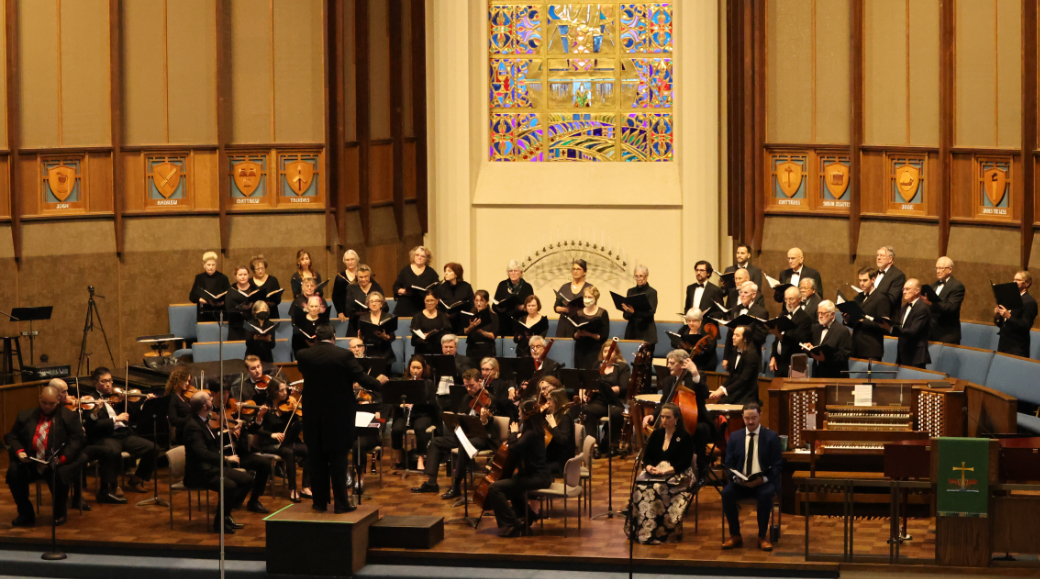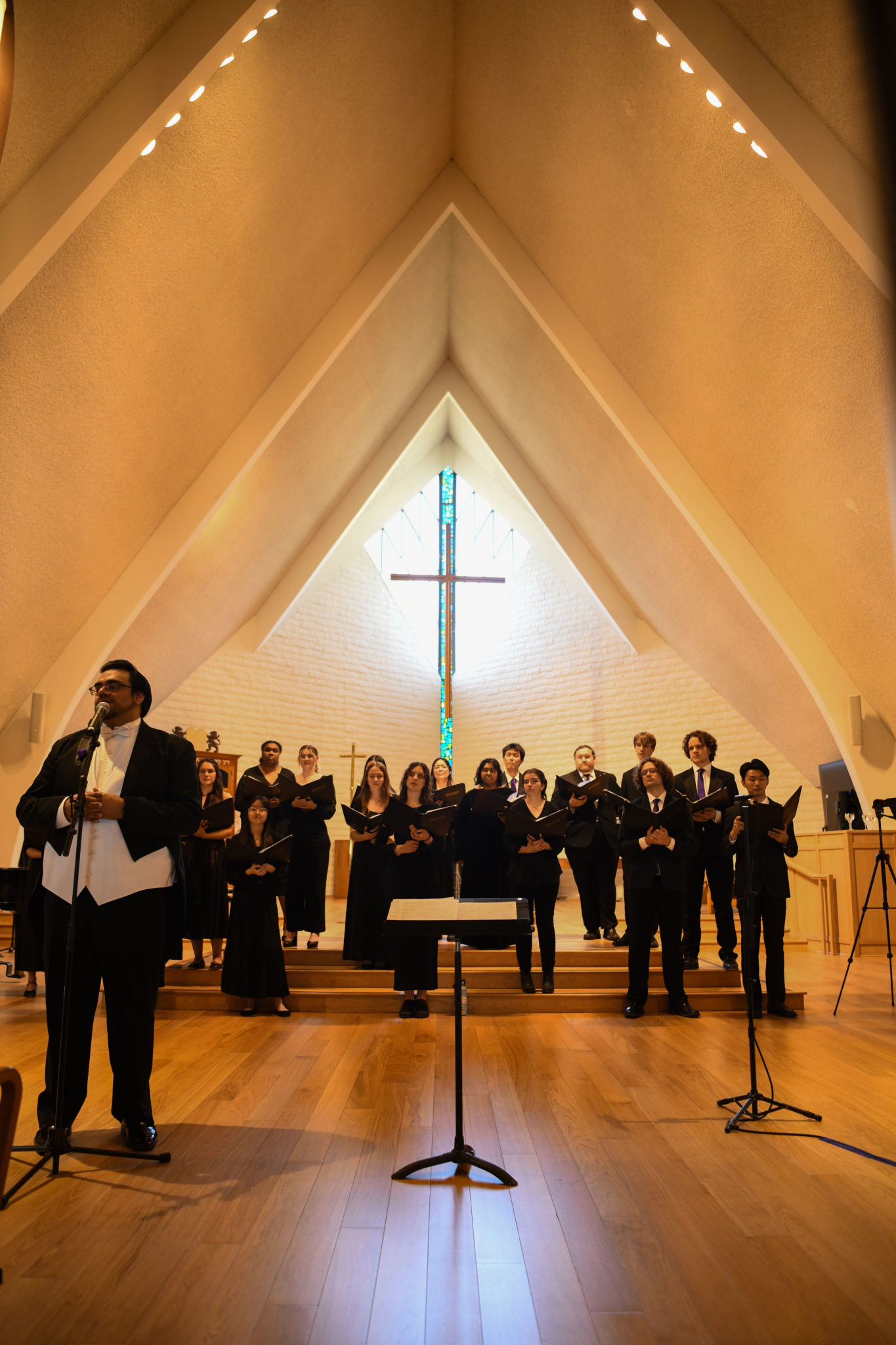Conducting lessons
Conducting is a lifelong skill that one must continuously develop.
Clarinettists, violinists, singers, even banjo players must master basic, critical techniques that include scales, arpeggios, placement, etc. In companionship with their technical development, they are given solo and ensemble repertoire to apply their technical skills and further develop their abilities. A composer also learns foundational technique of part writing, musicianship, theoretical aspects, etc., and then they compose in different genres and for various ensembles. As they all strive to become professionals in their craft, they become pedagogues.
Is this not true for the art of conducting? Are we not an integral part of the music making process?
We must develop our skills in the same manner that the rest of our colleagues do. A semester or two of undergraduate conducting classes is only the start, not the end to the technical foundation in one’s conducting journey. As leaders, we too must walk the path other musicians walk and join hand in hand with them. It is my firm belief that we strengthen our conducting technique, our leadership skillsets and attributes, always nurture our musicianship, and become the master teachers we should be.
